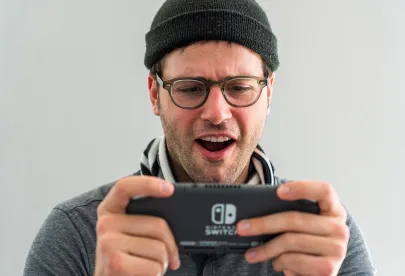While most patent disputes involving gaming companies are located in district courts, the ITC remains a viable option for at least some gaming disputes, where a patent owner can have the U.S. government bar importation of products found to infringe. While the ITC does not provide monetary damages, it’s extremely fast schedule and willingness to bar importation of infringing products makes it a desirable forum for patent owners.
The desirability of this forum has also increased recently with the PTAB seemingly unwilling to grant IPR challenges for patents being asserted in ITC investigations. Earlier this week, an IPR challenge filed by Nintendo was denied on discretionary grounds. Paper 13, Nintendo Co., Ltd. And Nintendo of America Inc., v. Gamevice, Inc., IPR2020-01197 (January 12, 2021).
Rather than being denied because of deficiencies in prior art or claim construction disputes, the PTAB determined that under 35 U.S.C. ¶314(a), it would be an inefficient use of the Board’s resources to institute the Nintendo IPR as the ITC investigation would be completed long before a Final Written Decision for the IPR would issue. Such logic however, means that any IPR filed for a patent in an ITC investigation will almost necessarily be denied, given the general timelines of ITC investigations.
This decision highlights the risks to gaming companies of ITC investigations and also should be a warning sign for gaming companies to consider preparing (and even filing) IPR challenges before being sued in the ITC to fast track such challenges and reduce the chances of a discretionary denial.




 />i
/>i

